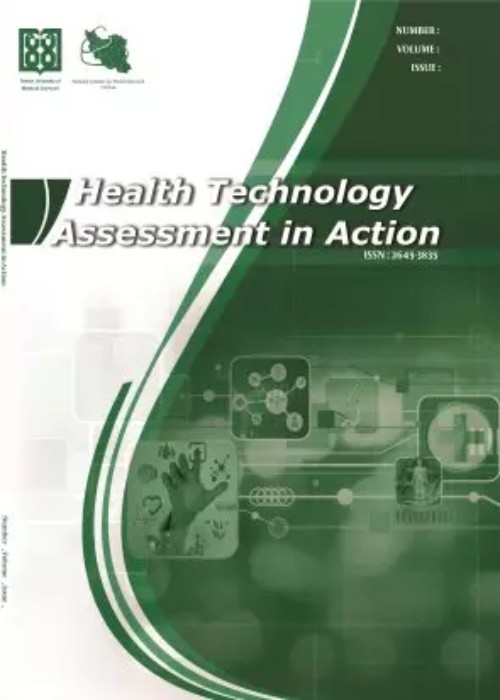The Effect of Foreign Direct Investment on Improving the Life Expectancy Index in Iran
The health care sector is a key sector of every country. In the process of economic development, this sector is considered infrastructure since economic development directly affects the productivity of the labor force and, as a result, the increase in production and economic growth. Therefore, the quality of the health care system may be an important factor in attracting foreign direct investment (FDI), accompanied by infrastructure such as labor, education, and research and development costs. As the level of health care increases in a society, the average life expectancy increases as well. Therefore, the life expectancy index (LEI) is an indicator for measuring the progress or backwardness of countries, and thus, it is necessary to examine the factors affecting it.
This study examined the effect of FDI on the LEI in Iran.
The autoregressive distributed lags (ARDL) method was applied from 1981 to 2020, given the time series nature of the data and to test the research hypotheses. The method shows a capacity to be applied to I(0) and I(1) data simultaneously. the following regression model estimation was utilized to investigate the effect of FDI on LEI in Iran: HIt = c0 + c1 gross domestic product (GDP)t + c2 FDIt + c3 literacy rate (LR)t + c4 human immunodeficiency virus (HIV)t + c5 Urbent + c6 real exchange rate (EXR)t + c7 inflation rate (INF)t + c8 interest rate (IR)t + et.
The outcomes indicated that FDI has favorable and substantial impacts on the health expenditure variable in Iran over short and extended periods. As a result, it can be anticipated that investing in the health care industry should influence society’s economic advancement. Consequently, FDI becomes a significant macroeconomic factor in health care, acting as an extra investment source. With proper strategies, it holds the potential to serve as a crucial tool for the country’s progress, especially in enhancing the health care sector. The results demonstrated that FDI has constructive and notable effects on enhancing the LEI in Iran, both in the immediate and prolonged durations.
Generally, the effects of FDI on health care can be described by direct and indirect channels. From the direct channel, FDI may affect health care outputs directly and indirectly, e.g., by providing a wider range of medical supplies and services (such as drugs and medical equipment), the expansion of FDI in the health care sector, and the presence of foreign firms producing medical or health care products that makes the supplies and services available at lower prices and consequently improves health care. From the indirect channel, FDI may influence the health care status of individuals in society indirectly by affecting other variables. Overall, based on the findings, life expectancy is likely to be improved in Iran by attracting more foreign investments in the health care sector.
- حق عضویت دریافتی صرف حمایت از نشریات عضو و نگهداری، تکمیل و توسعه مگیران میشود.
- پرداخت حق اشتراک و دانلود مقالات اجازه بازنشر آن در سایر رسانههای چاپی و دیجیتال را به کاربر نمیدهد.


